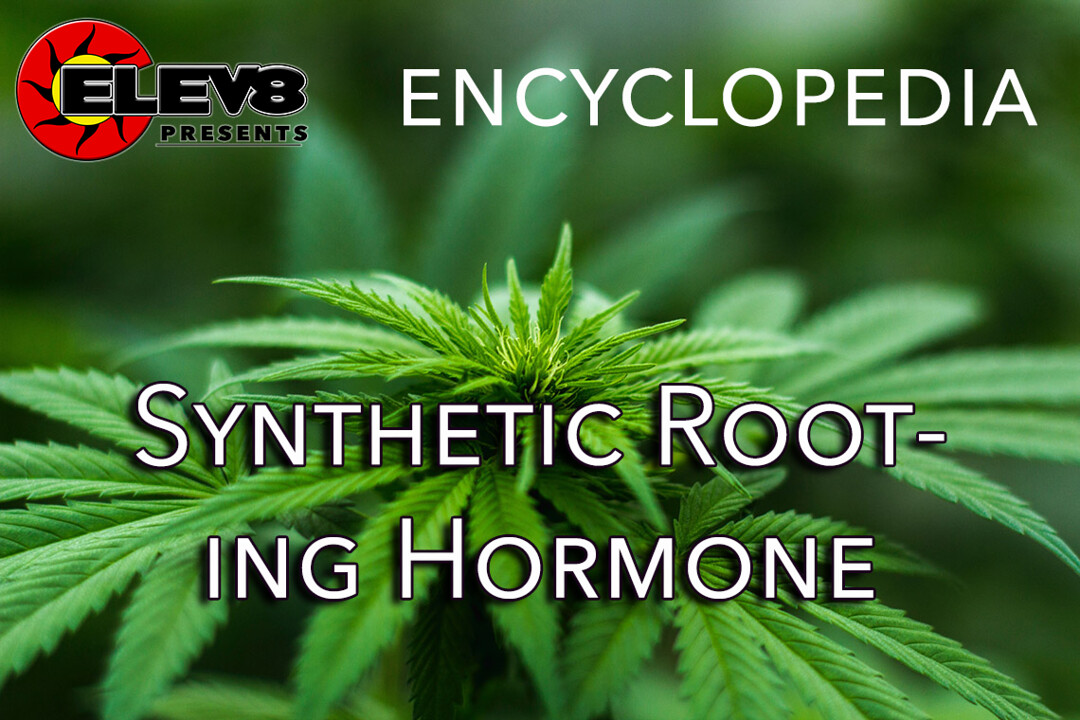What does Synthetic Rooting Hormone mean?
A synthetic rooting hormone is a synthesized, man-made form of a plant’s natural hormone indoleacetic acid (IAA), also referred to as auxin. The synthetic auxin hormone stimulates root growth in plants.
The hormone also plays a key role in a plant’s ability to reproduce through embryo creation, in cell division, and stem elongation. Tropical plants depend on auxin production to spur their leaves to move towards the sunlight.
More on Synthetic Rooting Hormone
Growers mainly use synthetic rooting hormones to spur root growth in cuttings taken from mother plants during the cloning process. Although most cuttings will eventually form roots naturally, the addition of synthetic rooting hormones encourages the cutting to create roots faster.
Synthetic rooting hormones come in powder, gel, and liquid forms. In all forms, synthetic rooting hormones are used by dipping the cut end of a cutting into the substance, and then placing the cutting into a growing medium.
Liquid synthetic rooting hormones are available in two forms: ready to use and concentrated. A grower simply dips the tip of the cutting into the ready to use form. However, concentrated synthetic rooting hormones must be diluted first before use but they are more versatile because some plants require more or less rooting hormones than others. A concentrated synthetic rooting hormone formula can be tailored to the plant’s specific needs.
Gel and powder synthetic rooting hormones require no dilution and readily cling to the tip of the cutting for complete coverage. Because these products are used mainly for cloning plants, growers often refer to synthetic rooting hormones as simply ‘cloning gel’ or ‘cloning powder’.
In opposition of synthetic rooting hormones, a grower might choose to use organic rooting stimulants, like willow extract or honey.
Other terms for rooting hormones, be they synthetic or organic, include root boosters, rooting stimulants, and root growth promoters.







